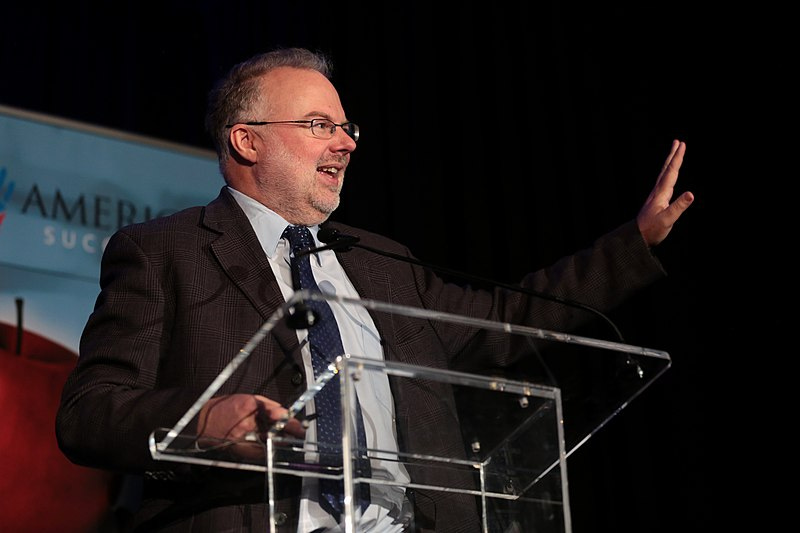Imagine a state where school choice wins
Arizona has for years been a desert oasis for workable school choice policies
My guest on this morning’s #UnPublic show was Matthew Ladner, executive editor for RedefinED and one of the soberest and smartest people I know when it comes to arguing about school choice policy.
I wanted to talk to him about his state of Arizona because their statewide school choice market that rivals any other. What New Orleans is to charter schools, what Massachusetts is to traditional schools, and what Louisville or Hartford are to public school integration; that is what Arizona is to school choice.
According to Matthew:
“In 2001 the Manhattan Institute ranked states by their combination of public charter, private, charter school, and home-school choice. Arizona ranked first. In 2015 the Brookings Institution measured the percentage of students who had access to one or more charter schools operating in their zip code. Arizona ranked first with 84% of students with a charter in their zip code. A 2017 analysis of Phoenix-area district enrollment patterns found open enrollment transfer students outnumbering charter students.”
Today, according to recent research by the University of Arkansas, Arizona still ranks first in the nation for “educational freedom.”
That’s fine and well, but what kind of student outcomes do we get for all that “choice”?
Using data from the Stanford Opportunity Project, Matthew finds Arizona is first in the nation for average academic progress for four categories of students (“all,” low-income, middle-high income, and white), second for Black students, and third for Hispanic students. He cautions us not to confuse these results with all of their students being “proficient” because Arizona has particularly high levels of students starting their school years behind others, but in terms of how much growth students make over their educational careers, Arizona is a leader.
The logical question to ask is “what’s behind their success”? Beyond school choice, is there a particular educational philosophy or set of practices that boost achievement? Have they had some top-down education reform that got all of their district leaders, schools, and teachers on the same page?
No. Matthew says a robust school choice environment, created through bipartisan legislation years ago, drives the gains they enjoy by creating competition and churn. Schools that do a good job win students. Schools that to poorly close. I’m oversimplifying for brevity, but all sectors - private, public, and charter - have highly sought-after schools that can compete through a vast system of open enrollment educational savings accounts. They also have low-quality schools that are easier for families to avoid because of the number of other options.
It still isn’t perfect. Matthew mentioned a top-rated public high school in the Phoenix area that is so popular that parents literally camp out for more than a day just to get a place in a long line of parents seeking to enroll their children. Imagine public schools so good, so popular, so prized that parents are willing to set up tents and chairs - and even pay people to hold their place in line - in the hopes of getting their child in.
So, why is there a line? With a school this great, there must be an effort to expand it or replicate it, right?
Matthew says that isn’t likely to happen because poorer performing schools in the district would work together to block such an expansion. I don’t know enough about the local schools or politics to know all of the ins and outs of why it would be possible for loser schools to limit the growth of great schools, but I’m not surprised given the backward politics I’ve seen in education elsewhere. The loser schools movement is among the strongest in education. The anti-competition instincts of the bad school lobby routine kill programs, plans, proposals, and legislation aimed at creating accountability for results.
That’s a sad reality, but at least we have strong examples like Arizona to show how far school choice can go.
Read Matthew’s article in Newsweek giving more details on the success of school choice in Arizona (and Florida): https://www.newsweek.com/arizona-florida-point-way-better-k-12-education-opinion-1582895
Here’s a recording of the conversation I had with Matthew today:





